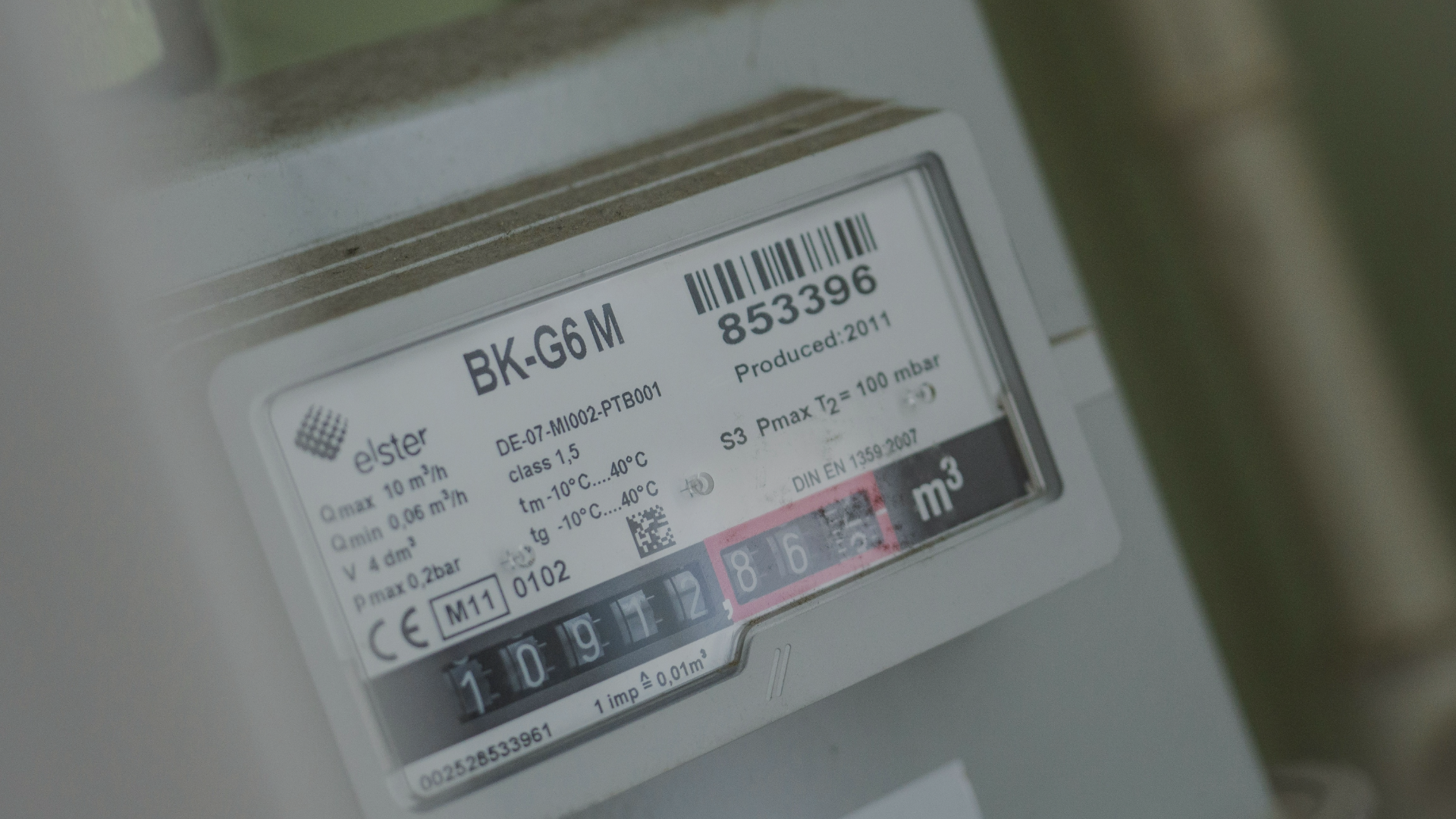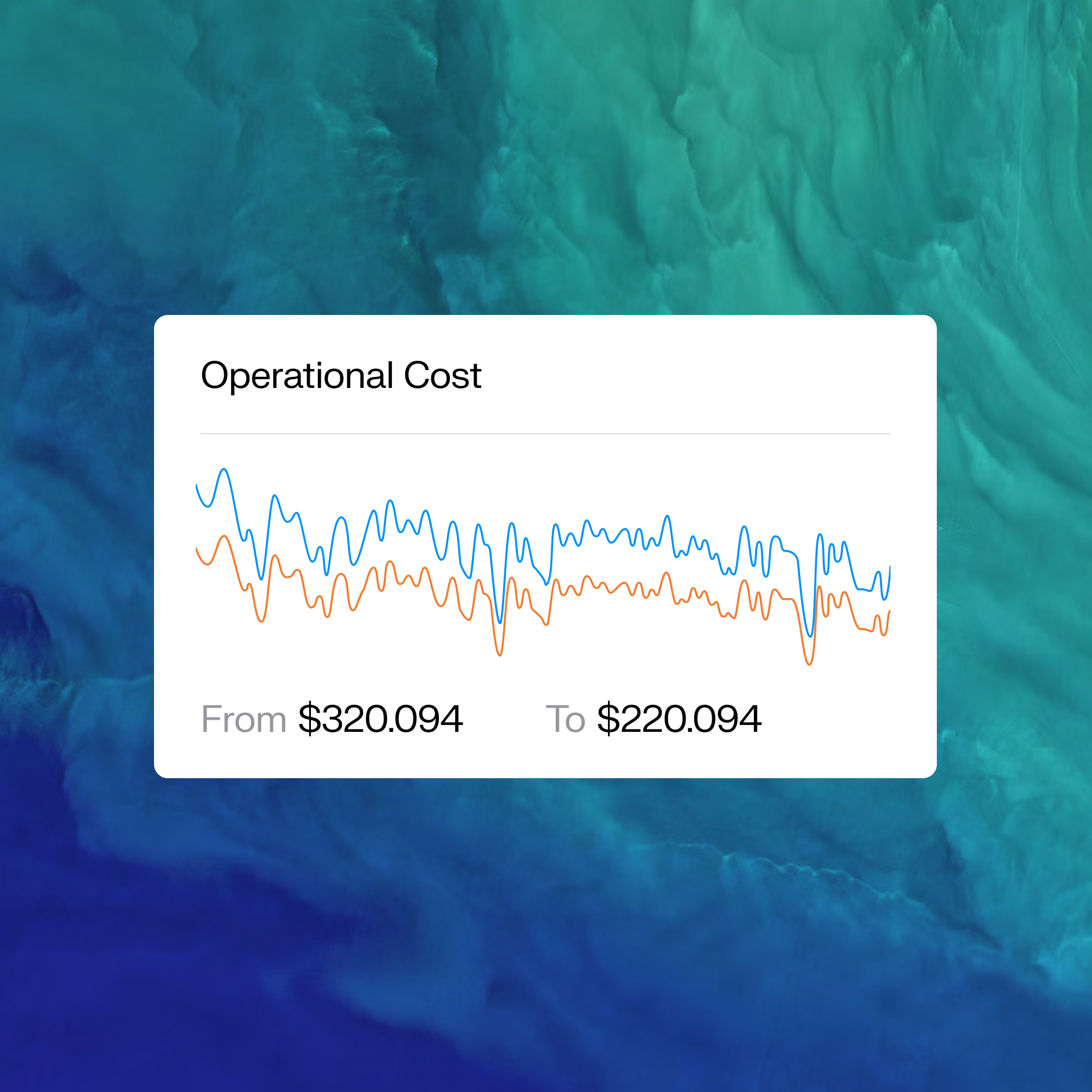Challenges and Considerations in Industrial Deployment
While the benefits are substantial, industrial deployment of smart meters comes with challenges. One key issue is infrastructure readiness. Many factories and data centers operate with legacy equipment that may not integrate easily with smart metering systems. Ensuring reliable connectivity, robust data storage, and seamless integration with existing enterprise resource planning (ERP) and EMS platforms requires upfront investment. Cybersecurity is another major concern, since smart meters create additional entry points into critical industrial networks. Protecting sensitive operational data from cyberattacks becomes essential, particularly for data centers that store client information. Organizational challenges also arise, including the need to train staff to interpret and act on data insights. For heavy industry and large-scale computing, initial installation costs can be significant, raising questions about return on investment. However, evidence shows that payback periods are often within three to five years, especially when factoring in both direct energy savings and avoided compliance risks.
Conclusion
For manufacturers and data centers, smart meters are transforming energy management by making consumption data visible, actionable, and auditable. They offer high-energy users the ability to optimize processes, reduce costs, and support preventive maintenance while providing the transparency and reliability needed to meet stringent ESG and regulatory requirements. Although challenges exist in terms of integration, cybersecurity, and workforce adaptation, the long-term benefits outweigh the hurdles. In a competitive and low-carbon economy, smart meters are not just a technological upgrade. They are a strategic investment in resilience, cost savings, and sustainability.
References







